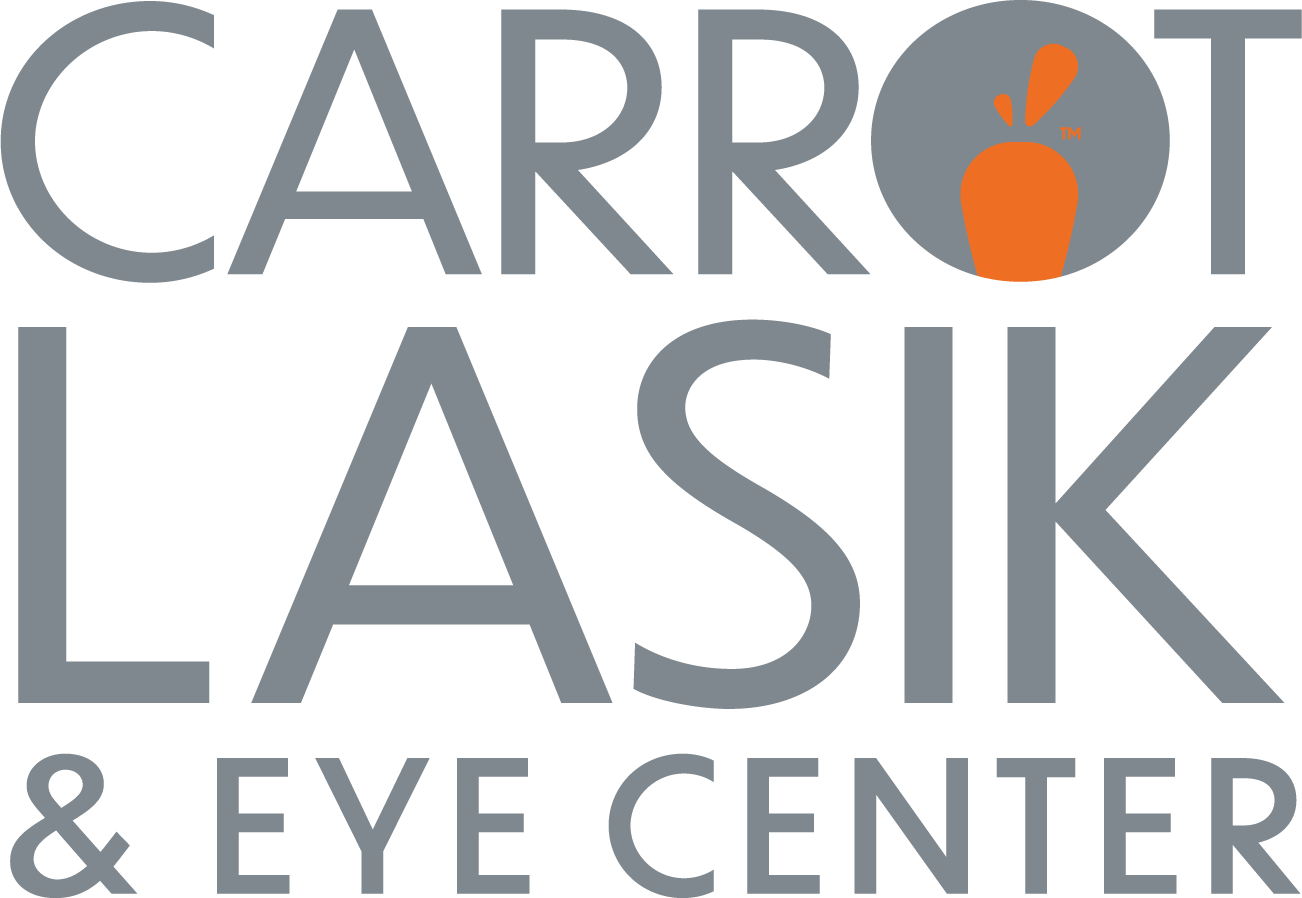Often taken for granted, our eyesight plays a pivotal role in daily activities, from navigating the bustling streets to appreciating the beauty of a sunset. Yet, many overlook how closely our vision health is intertwined with other aspects of our physical and mental wellness. In today’s article, we’ll talk about five transformative ways that improving your vision can significantly enhance your quality of life.
Understanding the Importance of Vision Care
Before we explore the specific benefits of improved vision, it’s important to understand the role of eye care in our overall health strategy. Regular eye check-ups detect vision problems and can uncover other health issues, such as glaucoma.
In addition to standard eye care, the role of corrective surgeries in enhancing vision cannot be overstated. These advanced procedures offer more permanent solutions to vision problems,
However, many avoid these check-ups and treatments due to concerns about cost. This highlights the importance of having a good health insurance plan. It’s wise to get health insurance immediately. An appropriate health insurance plan may alleviate financial stress and encourage proactive vision care, laying the foundation for better overall health.
How Better Vision Leads to Better Health
1. Enhancing Mental Health
Better vision may lead to enhanced social engagement, increased independence, and overall life satisfaction, contributing positively to mental well-being. The clarity of vision brings more than just visual acuity; it opens up a world of previously limited or inaccessible possibilities.
Furthermore, the empowerment gained from a restored vision often encourages individuals to pursue new activities and hobbies. Expanding experiences and social connections further bolsters mental health and enriches life. It’s not just about participating in activities but also about the joy and fulfillment of successful engagement. The ability to connect with others, share experiences, and enjoy life’s vibrancy can rejuvenate mental health.
Additionally, improved vision can lead to newfound confidence and self-reliance. The independence that comes with navigating the world without assistance can significantly alter one’s self-perception and outlook on life. This psychological uplift can be especially transformative for those with vision impairment for a significant period.
2. Increasing Productivity and Efficiency
In both professional and academic settings, clear vision is essential. Difficulty in seeing clearly can hamper productivity, leading to errors and inefficiency in tasks that require visual precision. The importance of this cannot be overstated, as it impacts not only the quality of work or study but also affects professional and academic growth and success.
Vision correction, whether through traditional eyewear or surgical interventions like laser eye procedures, can significantly boost productivity. With improved vision, one can work more efficiently, focus better, and perform tasks more accurately and quickly. This is not just about correcting a deficit; it’s about enhancing capabilities to their fullest potential.
Additionally, clear vision reduces the mental fatigue associated with visual tasks. This leads to better concentration and endurance over long periods, enhancing the effectiveness of work or study sessions and reducing stress. The impact of this on day-to-day life is substantial. It improves output and enhances the overall work or study experience, making it more enjoyable and less taxing.
Moreover, in a world where visual information is increasingly predominant, having clear vision can mean staying ahead in the fast-paced, visually-driven environment of modern work and education. It allows for quicker comprehension and response to visual data, which is crucial in many fields today.
3. Reducing Headaches and Eye Strain
 Poor vision often forces our eyes to work harder, leading to headaches and eye strain. This is particularly true in our digital-heavy lives, where prolonged screen time is common. Straining to see can cause significant discomfort, affecting our daily activities.
Poor vision often forces our eyes to work harder, leading to headaches and eye strain. This is particularly true in our digital-heavy lives, where prolonged screen time is common. Straining to see can cause significant discomfort, affecting our daily activities.
Advancements in vision correction, including laser eye surgery, may offer effective solutions. These methods not only sharpen vision but might also significantly reduce eye strain, lessening the frequency and severity of headaches. Regular eye exams are essential for early detection and timely intervention.
Additionally, embracing habits that reduce digital eye strain, like taking regular screen breaks and using proper lighting, can complement vision correction methods. This holistic approach to eye care can substantially enhance daily comfort and quality of life. Moreover, these practices also encourage better visual health by minimizing the long-term effects of eye strain. Ergonomic adjustments in work and study environments can further aid in this, ensuring that our visual demands are met with the least physical strain.
4. Improving Balance and Coordination
Vision is integral to balance and coordination. Impaired vision can lead to misjudgments in spatial awareness, increasing the risk of falls and accidents, especially in older adults.
Corrective measures, such as eyeglasses, contact lenses, or laser eye surgeries like LASIK, can potentially enhance depth perception and spatial awareness. Improved vision ensures safer navigation and movement, which is particularly vital in maintaining independence and safety in older age.
Incorporating activities that train visual-motor coordination, such as specific sports or exercises, can further improve balance. This is especially beneficial when combined with effective vision correction, enhancing overall physical capabilities and safety.
5. Promoting an Active and Safe Lifestyle
Good vision is crucial for an active lifestyle. It’s essential for sports, exercise, and even daily tasks like driving. Poor vision can lead to a higher risk of accidents and deter people from engaging in physical activities.
Improved vision enhances physical health through increased activity and contributes to overall well-being, allowing for a fuller, more dynamic life experience.
Furthermore, with better vision, individuals can become more inclined to try diverse activities, expanding their range of experiences. This leads to increased physical fitness, improved skills, and a greater sense of accomplishment, further enriching their overall health and lifestyle.
Wrapping Up
The profound impact of improved vision on overall health is undeniable. As we’ve explored, better vision alleviates physical discomforts like headaches and eye strain and plays a critical role in enhancing balance, coordination, mental health, productivity, and an active lifestyle. The benefits extend far beyond the mere ability to see clearly; they encompass a holistic improvement in quality of life.




